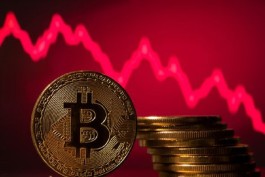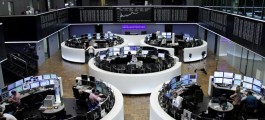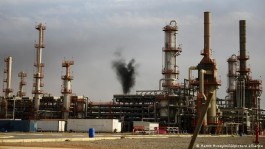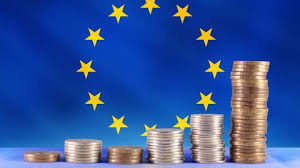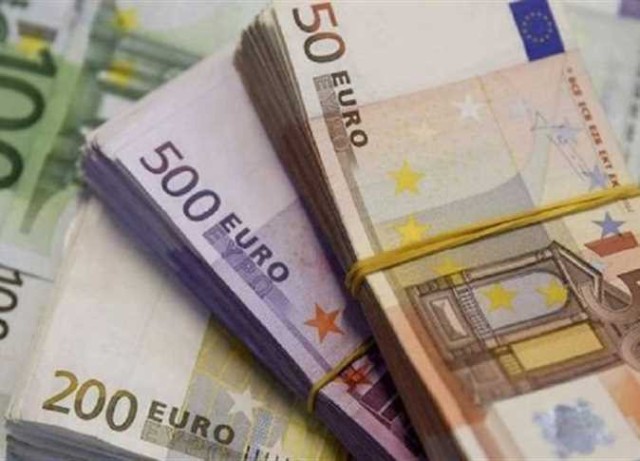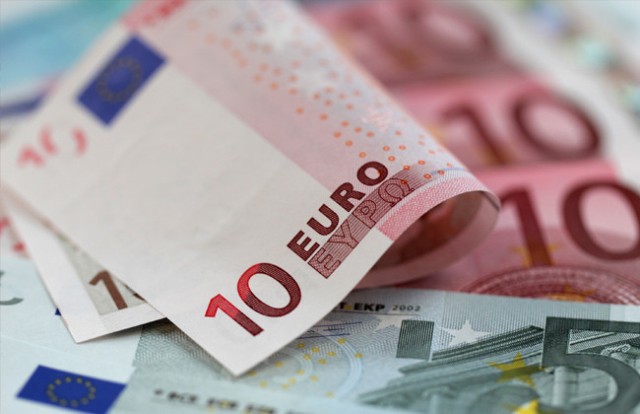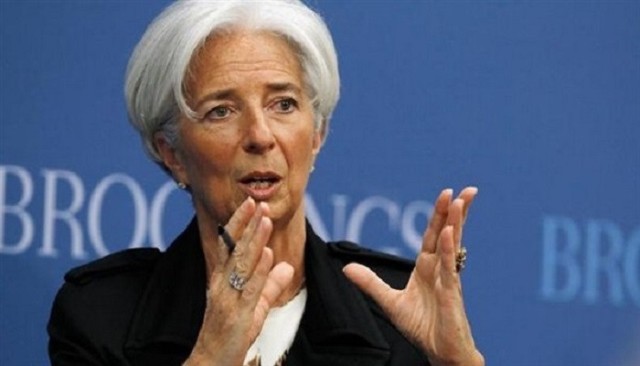Bloomberg Economics forecasts an alarmingly large increase in eurozone inflation for September.
According to Arabiya Net, data starting on Wednesday is expected to show rates clearly above the European Central Bank's 2% target in all major European economies. , as well as inflation in Germany is just under 4%, and in the euro area at 3.3%.
European Central Bank officials have repeatedly said that the rise in inflation is largely temporary, a view that may be repeated when policymakers, including the ECB's president, speak out. European Christine Lagarde, at the Central Bank's Sintra Virtual Forum, which begins tomorrow, Tuesday.
Last week, Lagarde said that many of the factors that have pushed up inflation in the eurozone recently are temporary, and are expected to fade next year.< /p>
Eurozone prices have rebounded faster than expected with the reopening of the economy, after the shutdowns caused by the Corona pandemic, and many European Central Bank policy makers see Inflation next year will be close to or even higher than the ECB's 2% target.
Lagarde has blamed most of the increase on supply disruptions, and has said inflation will stabilize next year.
She said during an interview broadcast by CNBC on Friday: We believe there will be a return to more stability next year, because many of the reasons for the price hike are temporary.< /p>
When you look at why that is, a lot of it has to do with energy prices.
The European Union Statistics Office (Eurostat), confirmed that inflation in the euro area rose to its highest level in ten years during August, as the recovery of the global economy led to an increase other in energy prices.
Eurostat said consumer prices in the 19-nation eurozone rose 3% in August year on year, after rising 2.2% in July, confirming earlier estimates. It was announced on August 31. This is the highest level since November 2011.
Inflation increased month-on-month in the eurozone by 0.4%, also in line with preliminary estimates by the Statistics Office.

















